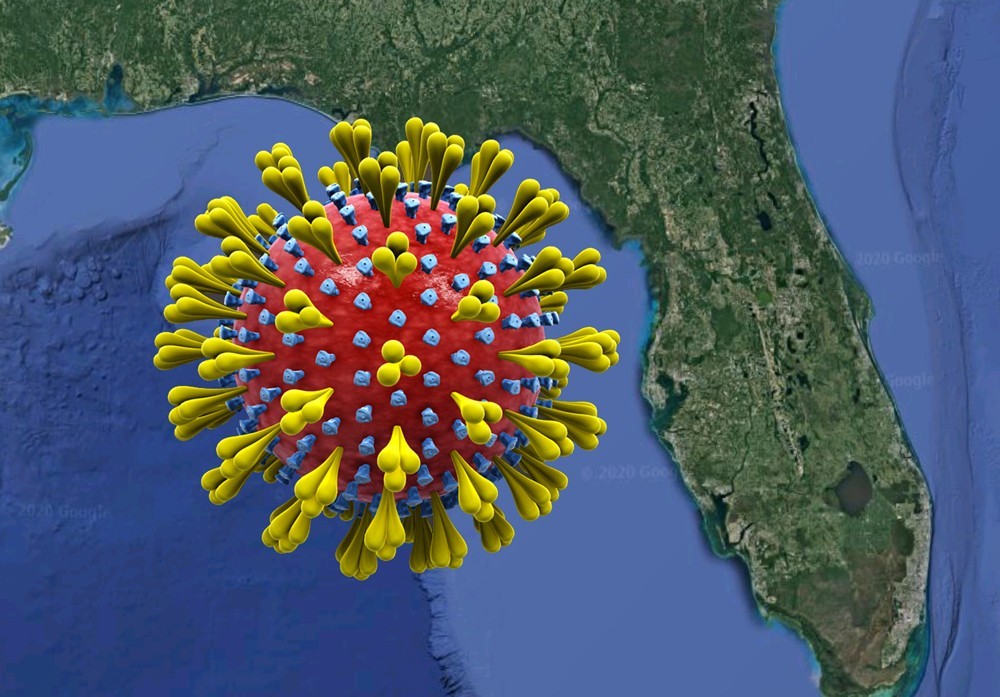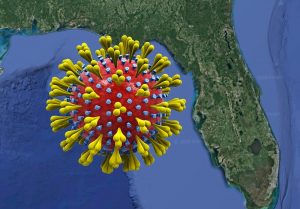 Medical Spas nationwide, but specifically in Florida, have been opening up at a staggering pace. For many reasons, including new services, technological advances, and lax regulations, the opportunities for medical spa businesses are endless.
Medical Spas nationwide, but specifically in Florida, have been opening up at a staggering pace. For many reasons, including new services, technological advances, and lax regulations, the opportunities for medical spa businesses are endless.
In 2010, there were about 1,600 medspas operating in the United States generating about $1.1 billion in revenue (about $700,000 per medspa on average). By 2018, these numbers increased to over 5,000 medspas generating about $7 billion-$8 billion in revenue (about $1.4 million per medspa on average). The number is expected to grow to over 10,000 medspas by 2023 with about $18 billion-$20.7 billion in revenue.
While medical spa owners have taken advantage of these opportunities, state authorities have yet to keep up. The medical spa industry is largely unregulated, whether that be due to the nature of the services provided, or the explosive growth in this alternative type of medical clinic. On top of that, there’s been a expansion in scope of practice and supervision requirements for certain providers, including nurse practitioners.Continue reading



 By:
By: 
 By:
By: 


 By:
By: 
 By:
By: 
 By:
By: 
 By:
By: 
 By:
By: